
You may live in the most well-run and self-sufficient building in the city, but no building is an island, not even in developments from the sprawling Stuyvesant Town- Peter Cooper Village in Manhattan to Co-op City in the Bronx to the small six-story condo building on the Lower East Side needs to utilize a plethora of municipal services and interact with the various city and state agencies that run them.
Due to the always difficult bureaucratic red tape, sometimes dealing with these agencies isn’t as easy as just picking up the phone. A well-run building is best served when those in charge know how to contact the right departments about the right problems at the right times. Navigating city and state offices can be one of the most important things that a co-op or condo does to keep everything running smoothly. Here is a look at some of the offices and agencies that should be on any manager or board member’s speed dial.
The Mayor’s Office
It would be nice to think that Mayor Bill de Blasio and his staff are ready to assist residential owners with all of their problems but in fact, there isn't a lot of direct interaction between Hizzoner's office and individual co-ops and condos.
According to a mayoral spokesman, most calls that come in regarding anything to do with co-op and condo issues are directed to different offices in the city. The best way to reach city officials is through the citizen’s hotline. All calls to 311 are answered by a live operator, 24 hours a day, seven days a week and offer immediate access to translation services in over 170 languages and online on the web in 50 languages at www1.nyc.gov/311/index.page. To contact the mayor’s office log onto www1.nyc.gov/office-of-the-mayor.
The Buildings Department
The New York City Department of Buildings (DOB) ensures the safe and lawful use of over 975,000 buildings and properties by enforcing the city’s building code, electrical code, zoning resolutions, New York state labor law and New York state multiple dwelling law. The DOB maintains a database of buildings maintained by the city. According to a spokesman, the department’s main activities include performing plan examinations, issuing construction permits, inspecting properties and licensing trades. For more information on the DOB, visit the department's website at www.nyc.gov/html/dob/html/home/home.shtml. The main phone number is 212-566-5000.
Homes & Community Renewal
The New York State Homes and Community Renewal (HCR) office consists of all the state’s major housing and community renewal agencies, including the Affordable Housing Corporation, the Division of Housing and Community Renewal (DHCR), the New York State Housing Finance Agency (HFA), the State of New York Mortgage Agency (SONYMA), the Housing Trust Fund Corporation (HTFC) and others.
Derived from the last names of former Manhattan State Senator MacNeil Mitchell and former Brooklyn Assemblyman Alfred Lama, the Mitchell Lama housing program is designed to accommodate the housing needs of moderate-income families. A total of 269 state-supervised Mitchell-Lama developments with over 105,000 apartments were built under the program. There are 97 city-sponsored, moderate- and middle-income rental and limited-equity cooperative developments in New York City, with more than 44,600 units.
For additional information go to www.nyshcr.org.
The AG
As head of the Department of Law, the Attorney General is both the “People's Lawyer” and the state’s chief legal officer. Attorney General Eric Schneiderman was re-elected to a second term in November 2014 and serves as the guardian of the legal rights of the citizens of New York, its organizations and its natural resources—and that includes anyone in a condo or co-op.
The regulations enforced by the AG’s Real Estate Finance Bureau regarding the content of prospectuses for the sale of co-ops and condos require detailed disclosure by a sponsor of what is planned to be built for newly constructed properties, and detailed disclosure of the condition of the property for existing buildings.
Complaints can be sent to the AG’s office specifically for condos, co-ops and homeowner associations by sending correspondence to the AG’s Enforcement Section, Real Estate Finance Bureau, NY State Dept. of Law, 120 Broadway, New York, NY 10271, or by phone at 212-416-8122.
Housing Preservation & Development
The New York City Department of Housing Preservation and Development (HPD) is the nation’s largest municipal housing preservation and development agency, and the largest municipal developer of affordable housing in the nation. HPD’s mission is to promote quality housing and viable neighborhoods for New Yorkers through education outreach, loan and development programs and enforcement of housing quality standards.
HPD has very little interaction with the broad majority of co-ops and condos in New York City even though the city does oversee a small group of co-ops and condos. The agency enforces the city’s Housing and Maintenance Code (HMC) which pertains to residential multiple dwellings—these essentially are rental buildings with three or more units. The primary way HPD enforces the HMC and protects the city’s housing stock is by responding to tenant complaints that are called in to the city’s 311 call center. For information, visit www.nyc.gov/hpd.
Landmarks Preservation Commission
The Landmarks Preservation Commission (LPC) is the mayoral agency responsible for protecting and preserving New York City architecturally, historically and culturally significant landmarks, according to a spokesman. The agency consists of eleven commissioners and a full-time staff. If you are a co-op or condo owner in a landmark building and would like to work on your unit, you must file for a landmark permit. So, whether it’s wanting to install a commercial oven or add a window, someone living in a landmark building needs to not only check that it’s OK with their building, but that it is allowed by the LPC in the first place. Getting the go-ahead can be as simple as a phone call or going online.
For more information about the permitting process, go to www.nyc.gov /html/lpc/html/home/home.shtml or call 212-669-7817.
Other Offices
All co-ops and condos have to pay taxes and comply with city sanitation guidelines and other such things, so they also need to interact with the Departments of Finance and Sanitation regularly. Other offices that they might have to regularly deal with are the city’s Department of Health and Mental Hygiene, the New York City Department of Environmental Protection and/or the state Department of Environmental Conservation, the New York City Housing Authority, the city’s Office of Labor Relations, and the New York City Commission on Human Rights.
New Yorkers with a question about city agencies, or in need of direction as to which agency they should contact about a specific problem should call 311 for a quick, concise answer.
Keith Loria is a freelance writer and a frequent contributor to The Cooperator. Staff writer Tom Lisi contributed to this article.



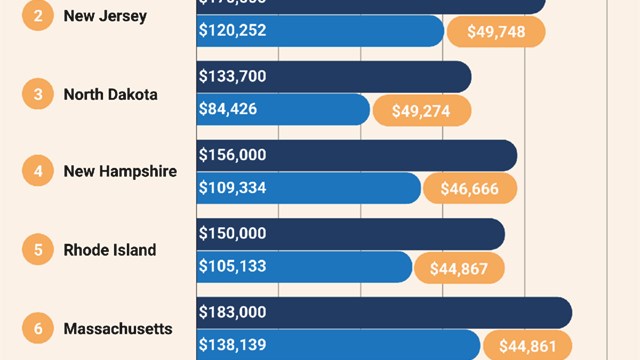

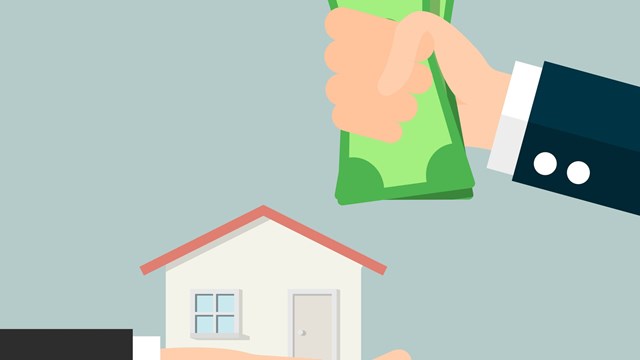
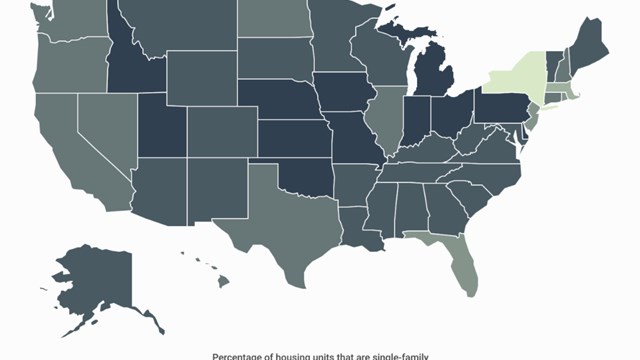
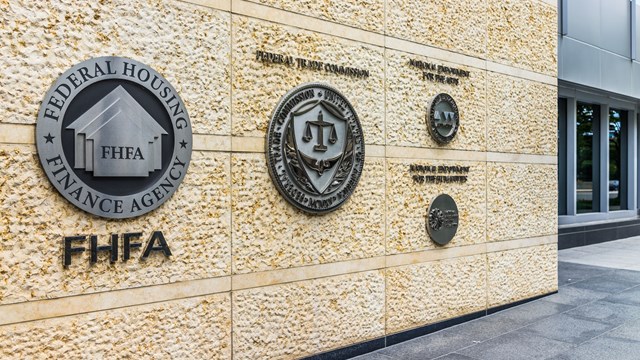
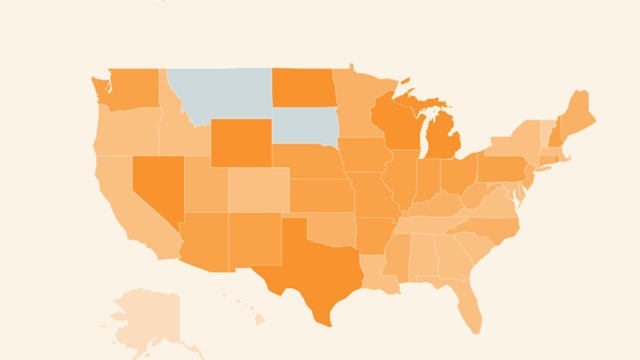
Leave a Comment